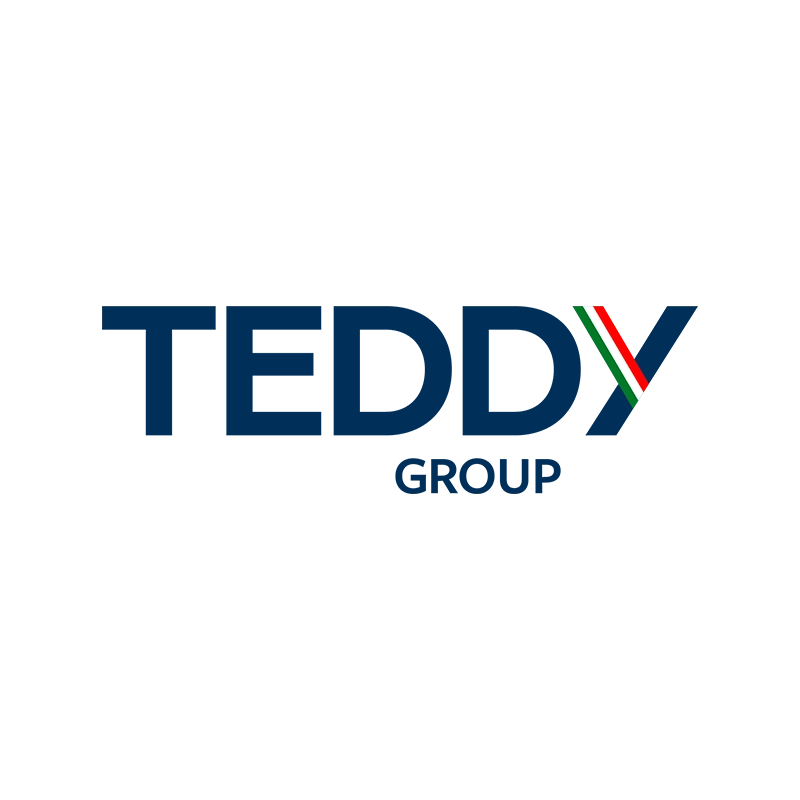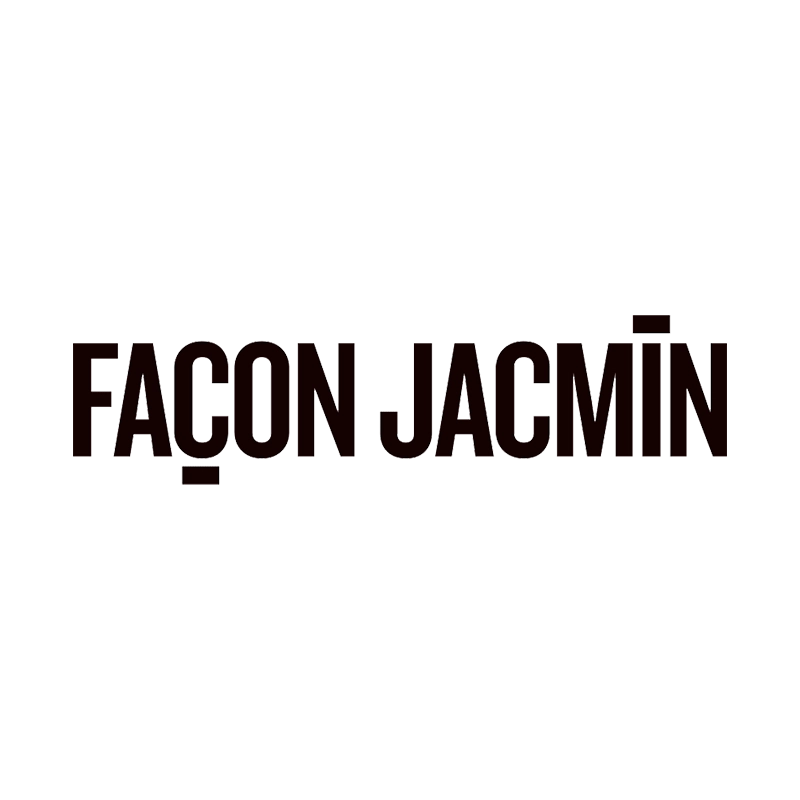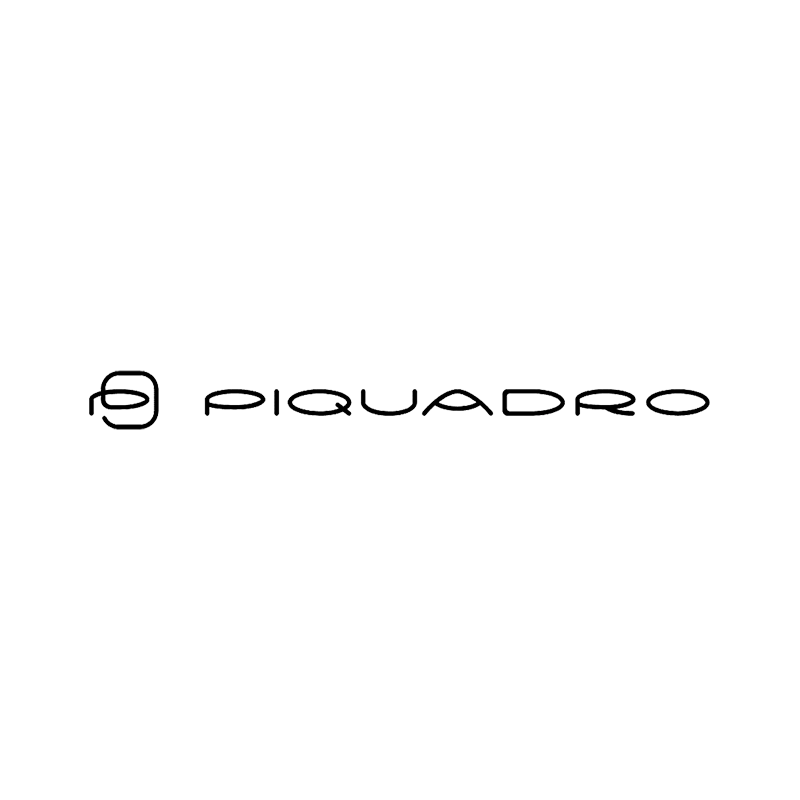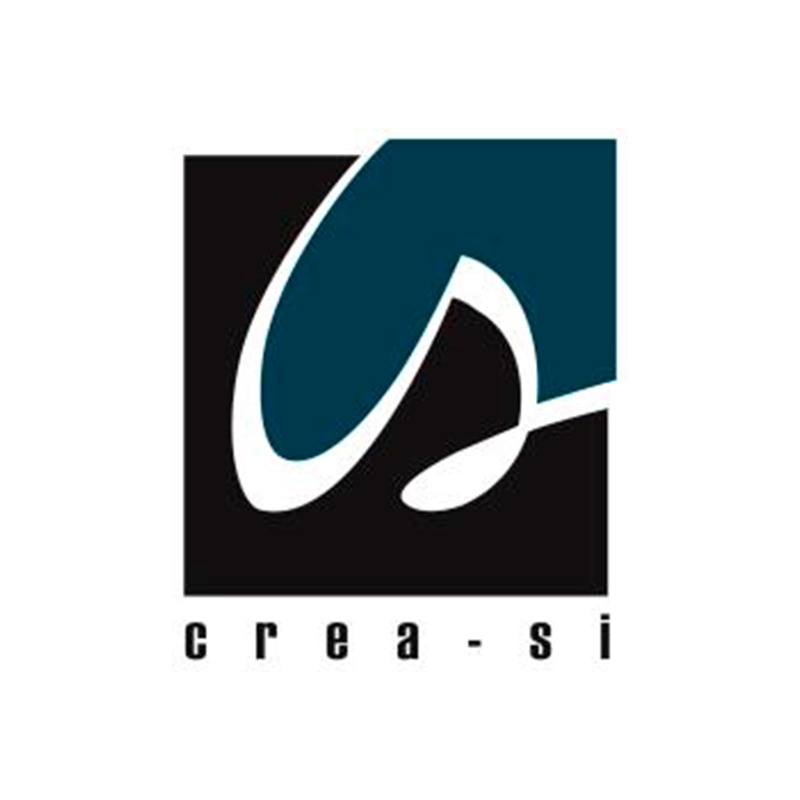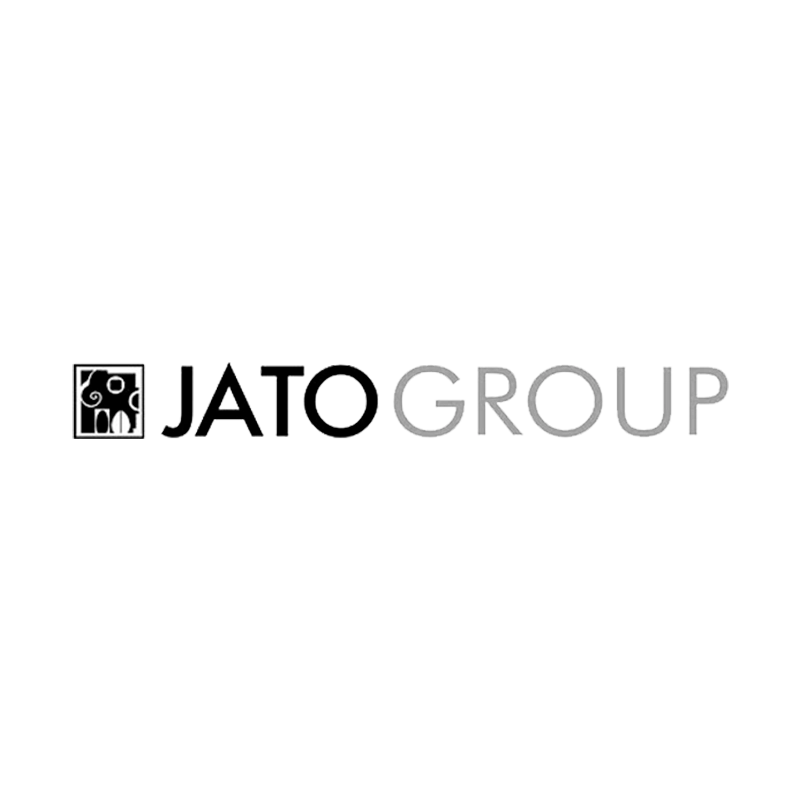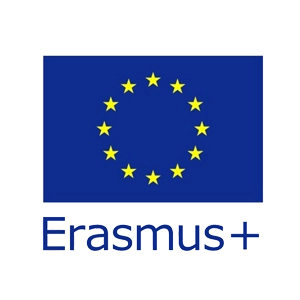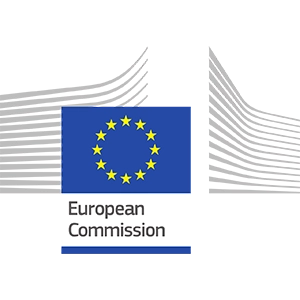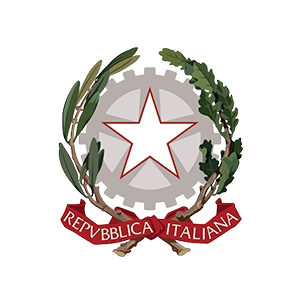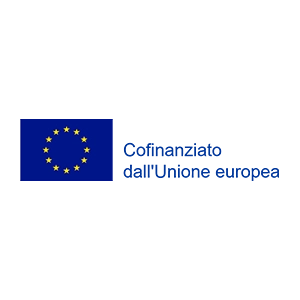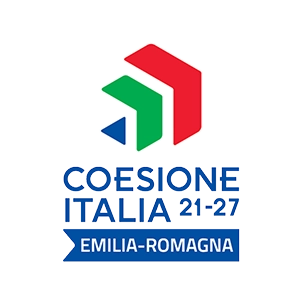ITS Fashion
Strumenti e metodi della ricerca tendenze
Become an expert in the world of fashion, capable of combining creativity with technical feasibility, sustainability, and market needs.
Become an expert in the world of fashion, capable of combining creativity with technical feasibility, sustainability, and market needs.
What does the Fashion Hi-Tech and Sustainable Manager do?
The figure is a specialized professional who plays a crucial role in the production cycle, supporting the teams of designers and technicians throughout all phases of product development.
This manager is a fashion coordinator who stands out for the ability to turn ideas into tangible business plans aligned with the brand’s identity and objectives, especially with a view to environmental sustainability.
€ 200*
(registration fee valid for two years)
*Includes slides and practical exercises
Classes: from October 2025 to September 2027
Registration deadline: October 8, 2025
Format: In-person
Places: 25
Starting October 2025
A two-year, 2,000-hour programme with internships, project work, and exclusive visits to fashion industry companies.
The course, which is currently in its third year, was co-designed by the Olivetti Foundation (previously FITSTIC) and the FRI Foundation which, pursuing its mission of stimulating the evolution of the fashion industry, will contribute to shaping the modules from a digital and green perspective.
The two-year programme, divided into four semesters, will begin by November 2025 and conclude by December 2027.
The programme offers 2,000 hours of training, 800 of which are dedicated to internships in fashion companies, with the option of completing half of these hours in a European Union country thanks to the Erasmus+ programme. This hands-on experience will allow you to acquire concrete skills and increase your job placement opportunities.
Upon completion of the course and passing a final exam, the Specialization Diploma in Applied Technologies in “Higher Technician for Research, Development, and Production Processes of Fashion System Products” will be awarded, certifying skills corresponding to Level V of the European Qualifications Framework (EQF).
The qualification will be accompanied by the EUROPASS diploma supplement to facilitate its circulation nationally and Europeanly.
“The project is supported by European funding from the Emilia-Romagna Region. The project was approved by Regional Council Resolution No. 1137/2025, pending Regional Funding Resolution.”
Two-Year Study Plan
General modules
Common modules for transversal skills
- English and technical English
- Workplace safety (low risk)
- Privacy and GDPR
- Internationalization
- Business organization
- Project management
- Digital transformation and big data
- Team working
- Workshops to accompany internships and work
- Sustainability and green economy
Technical - professional modules
Fashion Product and Process
- History of Costume and Fashion
- Fashion Company Organization
- Textile Product Science
- Trend Analysis and Trade Shows
- Concept, Design, and Production
- Modelling and Pattern Making Workshop
- Dressmaking Workshop
- Heritage for Fashion
- Tailoring and Design for the Performing Arts
- Fashion Design – Corporate Image Design
Sustainability
- Innovative and Sustainable Textile Products
- Eco design in Fashion Sustainability Policies
- Digital Product Passport (DPP) and Fashion Certifications
- Corporate Social Responsibility (CSR)
- Upcycling, Reuse and Recycling
Technologies for Fashion
- Applied Technologies for Fashion
- AI for Fashion
- Digital Graphic Design (Adobe Suite)
- Digital Pattern Making (Lectra Modaris)
Communication and Fashion
- Marketing and Communication for Fashion
- Digital Marketing
- Visual Merchandising
- Fashion Styling
- Fashion Law
Admission requirements
The two-year Fashion programme is designed for young people and adults who wish to acquire the skills and knowledge needed to enter the dynamic world of fashion.
A high school degree or, alternatively, a four-year professional degree and an IFTS qualification are prerequisites for enrolment in the programme. The programme has a maximum of 25 places.
Admission to the programme is based on the results of a selection process pursuant to Article 3 of the Decree of the Ministry of Education, University, and Research of September 7, 2011. Applications for admission to the selection process are open to young people and adults with a high school diploma, as well as young people and adults with a four-year vocational education and training diploma and who have attended a one-year supplementary course in Higher Technical Education and Training.
The ranking will be based on the sum of the scores obtained, as indicated below:
- Qualifications = max 15 points of the final high school diploma grade
- Written exam = maximum of 35 points depending on the outcomes of the three separate written tests, which are intended to evaluate the general culture, IT proficiency, technical and technological knowledge, and English language proficiency needed to successfully complete the training programme.
- Interview = max 50 points for motivation, aptitude, and technical assessment, to allow for the assessment of the knowledge, interpersonal and decision-making skills and interdisciplinary skills required for successful programme participation.
Admission to the programme is reserved for candidates deemed suitable by the examining committee. Only those with a score of 60/100 or higher are considered eligible. Eligible candidates are admitted in order of ranking until all available places are filled. In the event of a tie, priority will be given to the younger candidate.
Stage
Project Work
In collaboration with a fashion brand or company, a project work is completed at the end of each academic year. The class is assigned a brief based on the client’s real needs. The class, divided into working groups and supervised by a tutor, works on the brief from February to May, alongside regular classes. Project Work takes up 30 hours of the curriculum in the first year and 70 hours in the second.
The final presentation of the group projects takes place at the company, before the heads of the departments involved (HR, Style, Communication, Product Development, R&D).

Project Work 2025 – 1st Year: Twinset
The brief assigned by Twinset’s HR and Communications departments was particularly challenging and focused on digital accessibility. Every working group researched particular needs associated with particular disability, developing innovative style and product solutions. The final step of the project was to communicate the solutions developed on the website.
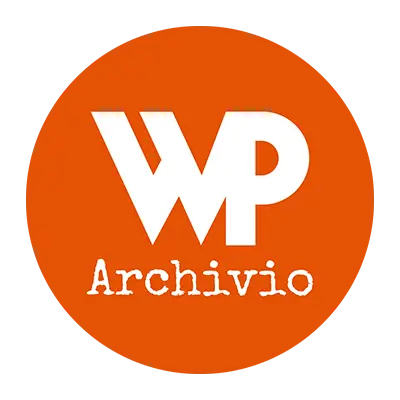
Project Work 2025 – 2nd Year: WP Work in Progress / Costume Designer Fabio Cicolani / Rosencrantz Film School
The second-year project work, which involved the costume department for a short film in collaboration with the Rosencrantz and Guildestern Film School of Bologna, allowed the students to delve deeper into the world of cinema. Costume designer Fabio Cicolani oversaw the group.
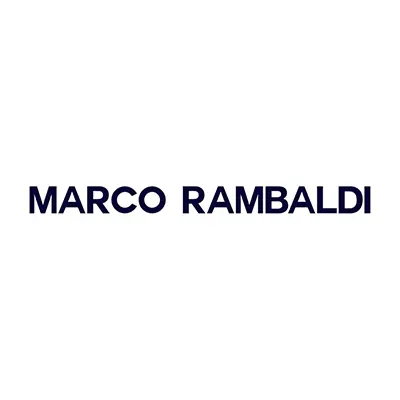
Project Work 2024 – First Year: Marco Rambaldi
Fashion designer Marco Rambaldi assigned the first-year class a project to analyse their brand and develop a mini capsule collection of four outfits that reflected the brand’s DNA.
The capsule collection proposals also had to be accompanied by a social media communication proposal and a launch event.
In partnership with
Are you interested in the course? Contact us!
oppure contattaci telefonicamente al numero
Oppure contattaci telefonicamente
The Foundation
Fashion Research Italy Foundation was established in 2015 in order to celebrate and promote the manufacturing expertise that distinguishes our Emilia-Romagna area and to become a point of reference for the entire fashion industry.F.FRI’s core business is the Textile Design Archive, which houses 30,000 paper and textile designs, a source of inspiration for all small and medium-sized businesses and designers in the sector.
